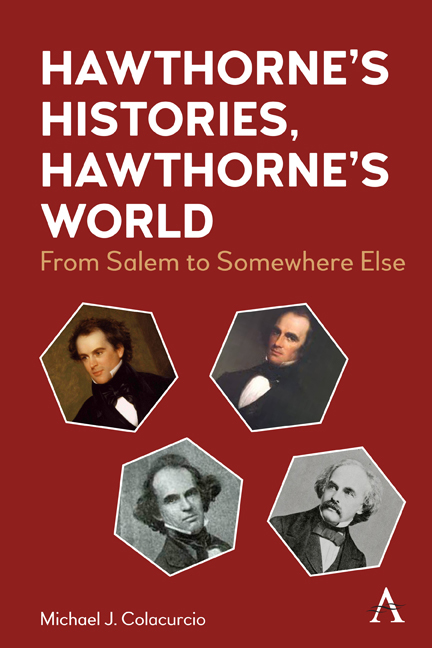Book contents
- Frontmatter
- Dedication
- Epigraphy
- Contents
- Acknowledgments
- Preface
- Introduction The Moral of the Story
- Chapter 1 Walnut
- Chapter 2 J. O.
- Chapter 3 Forgiveness and the Thin Red Line
- Chapter 4 “I Got Nothing!”
- Chapter 5 “It’s an Important Political Problem. I Should Know about It.” Agency
- Chapter 6 Nicole’s Father is NOT German! The Moral Salience of Difference
- Chapter 7 Science Fiction Fantasy, Moral Imagination and the Ability to Conceptualize Your Way Out of a Problem
- Chapter 8 Passion
- Chapter 9 Cat
- Chapter 10 Best Friends Forever
- Chapter 11 Wretched, Slacker Disney Child
- Chapter 12 Chloe, Nicole and the Elephant in the Parlor: The Last Lecture and Some Final Thoughts on Ethics and Character
- Notes
- References
- Index
Chapter 4 - “I Got Nothing!”
Published online by Cambridge University Press: 06 October 2022
- Frontmatter
- Dedication
- Epigraphy
- Contents
- Acknowledgments
- Preface
- Introduction The Moral of the Story
- Chapter 1 Walnut
- Chapter 2 J. O.
- Chapter 3 Forgiveness and the Thin Red Line
- Chapter 4 “I Got Nothing!”
- Chapter 5 “It’s an Important Political Problem. I Should Know about It.” Agency
- Chapter 6 Nicole’s Father is NOT German! The Moral Salience of Difference
- Chapter 7 Science Fiction Fantasy, Moral Imagination and the Ability to Conceptualize Your Way Out of a Problem
- Chapter 8 Passion
- Chapter 9 Cat
- Chapter 10 Best Friends Forever
- Chapter 11 Wretched, Slacker Disney Child
- Chapter 12 Chloe, Nicole and the Elephant in the Parlor: The Last Lecture and Some Final Thoughts on Ethics and Character
- Notes
- References
- Index
Summary
One of my mother's favorite stories was based on that old children's verse, “Twinkle, Twinkle Little Star.” Mother's version begins with a little boy who loves the stars and wants more than anything else in the world to become an astronomer. Each night the young boy ventures out into the dark to gaze longingly at the heavens, saying, with awe and reverence, “Twinkle, twinkle, little star. How I wonder what you are.”
As the boy grows older, he studies the stars in school, goes off to college and majors in astronomy. He studies for a PhD at one of the top universities and writes a pathbreaking dissertation about the stars, one that puts him at the forefront of the profession and brings him great acclaim. The boy—now a young man—feels good about himself. He has done what he started out to do. So now each evening he strides proudly into the night and looks up confidently at the stars, pronouncing with great satisfaction and a sense of fulfillment, “Twinkle, twinkle, little star. Now I know just what you are.”
The young man accepts a position in a top astronomy department and continues to teach and write about the stars, advancing the field with great brilliance. He becomes an accomplished teacher, nurturing many young scholars, and achieves great fame and many honors in the process of writing his awardwinning books and articles. He increasingly wears his celebrity lightly, however, driven always by his love for the stars and his desire to understand them better.
Just as the little boy grew into a young man, so the young man matures and ages. As the now distinguished but elderly gentleman nears the end of his life, he continues his nightly pilgrimages into the starry night, gazing up at the heavens and declaring, with great reverence and quiet respect, “Twinkle, twinkle, little star. How I wonder what you are!”
Mother meant this, of course, as a folksy homily on the fact that we all think we know things only to learn later that perhaps we didn't know quite as much as we thought. Humility, Mother was telling me, comes with age.
- Type
- Chapter
- Information
- The Unspoken Morality of ChildhoodFamily, Friendship, Self-Esteem and the Wisdom of the Everyday, pp. 51 - 62Publisher: Anthem PressPrint publication year: 2022

